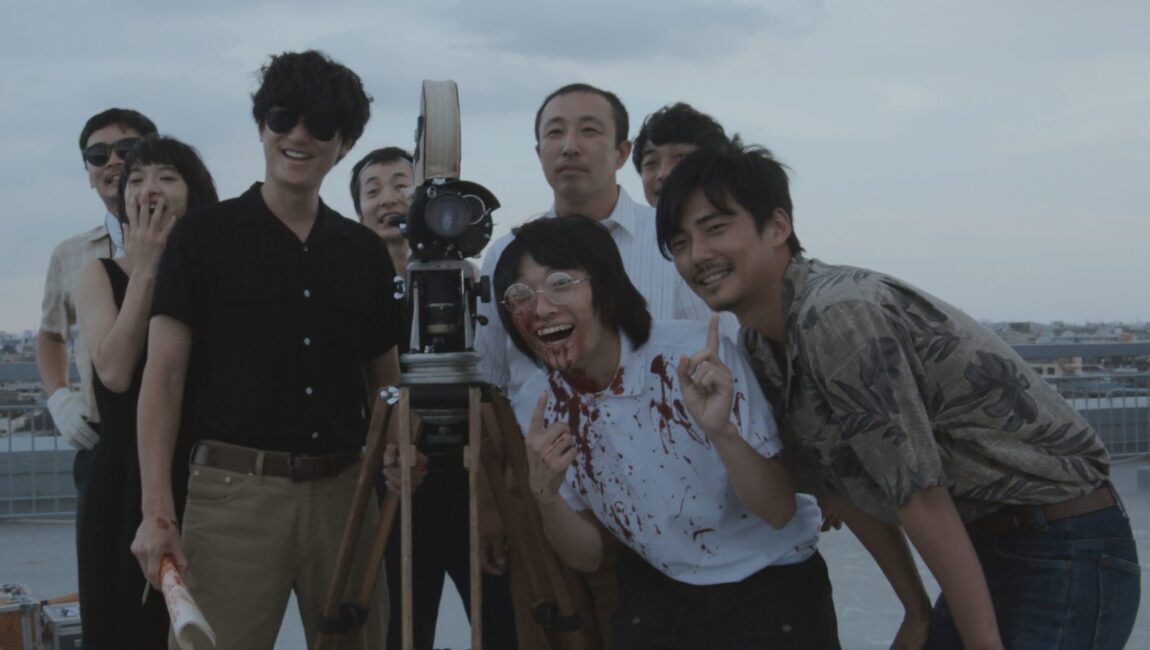40 years after his film Grand Opera debuted as part of the Berlinale lineup, legendary avant-garde filmmaker James Benning returns with a personal, strangely hypnotic feature. In Maggie’s Farm, Benning turns to his home turf, the California Institute of Art, for an exploration of beauty, confinement, and freedom. Ostensibly a collection of still lives that become increasingly cold and claustrophobic, Benning’s latest wordlessly journeys through the grounds of the Institute, going from beautiful landscapes with hints of modernity to the antiseptic, isolating concrete walls of the school itself. More a mood piece than anything remotely resembling a narrative, the film might seem to actively distance its audience — though as walls both literal and figurative block the viewer’s perspective (a “no motor vehicles” sign posted in a scene early on points to Benning’s interest in blocked gazes) and the setting becomes more and more modern, Maggie’s Farm evokes a rising claustrophobia in the viewer. It even manages to turn everyday things such as hallway drinking fountains into science fiction-like objects. From the very beginning, even the faintest of noises can be heard: a car buzzing by on a highway, or the softest of white noise hums within the school. In an increasingly busy world, the film offers up such moments of relative quiet in contrast to the crowded perspectives within the frame, and the result is a truly meditative experience. At 80-plus minutes, though, it’s also much too long. The protracted shots initially contribute to the film’s hypnotic atmosphere, but by the end fall flat. Ultimately, the film’s static direction and focus on perspective seem more suited to a gallery setting.
Published as part of Berlin International Film Festival 2020 | Dispatch 1.







